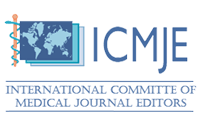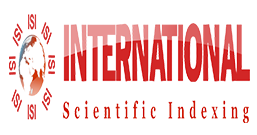Risk Factors for Postoperative Complications in Patients with Esophageal Cancer Receiving Perioperative Oral Management
Yuko Inai
Corresponding Author
Yuko Inai, Division of General Dentistry, Kyushu University Hospital, Kyushu University, 3-1-1, Maidashi, Higashi-ku, Fukuoka 812-8582, Japan; Tel: +81-92-642-6488; Fax: +81-92-642-6489; E-mail: iyuko@dent.kyusyu-u.ac.jp
Citation
Inai, Y., et al. Risk Factors for Postoperative Complications in Patients with Esophageal Cancer Receiving Perioperative Oral Management. (2018) J Dent Oral Care 4(1): 40- 46.
Copy rights
© 2018 Inai, Y. This is an Open access article distributed under the terms of Creative Commons Attribution 4.0 International License.
Keywords
Preoperative oral management; Esophageal cancer; Postoperative complications
Abstract
Objective: The aim of this study was to determine the factors associated with postoperative complications after surgery for esophageal cancer to promote improvement of perioperative oral management protocols. Methods: Data were collected from 42 patients who underwent surgery for esophageal cancer under general anesthesia. Oral examination and perioperative oral management were performed in all patients. The incidence of complications and their risk factors were investigated. Classification and regression tree analysis were performed to determine the factors predicting the occurrence of postoperative complications. Results: Among 42 patients, 16 had postoperative respiratory symptoms, 5 had postoperative pneumonia, and 20 had postoperative fever. The most important risk factor for postoperative respiratory symptoms was the presence of 19.5 or more remaining teeth. Oral care initiation more than 2.5 days after surgery, operation time longer than 6.5 hours, and postoperative fasting period longer than 4.5 days were also risk factors for postoperative respiratory symptoms. A preoperative O’Leary’s plaque control record above 40% was the most important risk factor for the occurrence of postoperative pneumonia. Fasting period longer than 8.5 days and the presence of 19.5 or more remaining teeth were also risk factors for postoperative pneumonia. Oral care initiation more than 2.5 days after surgery and fasting period longer than 8.5 days were risk factors for fever. Conclusion: Starting professional oral care immediately after surgery and establishing effective self-care may be important to prevent postoperative complications in patients with esophageal cancer.












